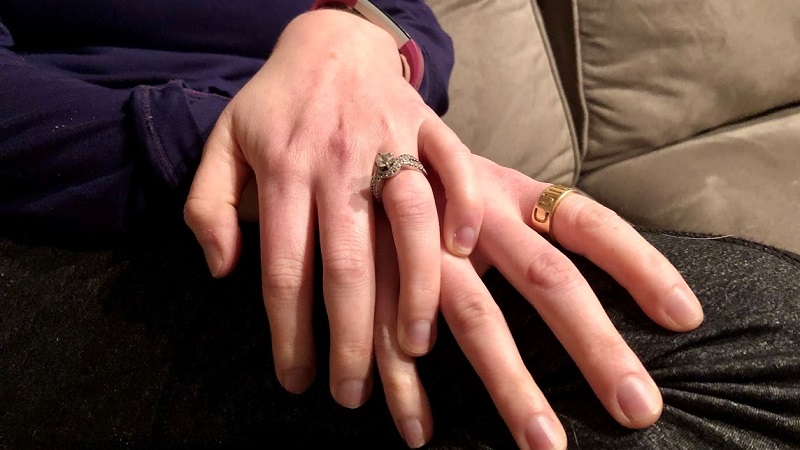When I was preparing to go to Guatemala last year I was reminded that we weren’t supposed to bring any jewelry or anything flashy or expensive with us. The crime rate is high; theft is a problem. We were told not to wear our wedding bands or engagement rings for fear that they might be stolen while we showered or slept. This caused me a minor moment of panic. For 10 years I’ve worn these rings on my fingers, ever-present reminders of my wedding vows. Not only that, the words on my wedding band are the same as those on my parents’ bands, and the diamond on my engagement band belonged to Duncan’s Bubbe. These rings are more than jewelry; they bind my spouse and me to our past and hold in them the promise of our future. Not having that with me made me nervous.

In the Torah there are many covenants made up of words and very few of physical items. However, one of those items is the “Tabernacle of the Pact” as we read about in our Torah portions this week Vayakhel and Pekudei. The narrative continues with the requirement to observe Shabbat and then includes the request to bring gifts to build the Mishkan. Following that Betzalel and Ohilav are appointed as the taskmasters of the construction project, and we hear about the abundance of gifts the Israelites brought to the Tabernacle. Parshat Pekudei deals with the final judgments about who will work on the Tabernacle and what the priests are supposed to wear. Finally, the text takes up the building and establishment of the Mishkan, the sacred space where God will dwell among the Israelites.
This Tabernacle is the focal point of the entire covenant with God. Everywhere the Israelites traveled, the covenant – through the Tabernacle – was there to help remind them of the pact they made. Today, we don’t have a Tabernacle, or even a daily reminder that we’re in covenant with our community in different ways. We don’t wear a ring to show that we belong to a synagogue or are on the board of the food bank. We don’t walk around with nametags every day that list our many contributions, although for a while cause-based bracelets were a thing.
So, as we read Parshat Vayakhel and Pekudei, we are gently nudged to ask ourselves, what is the reminder of our covenant that we carry each day? For the covenant I made with Duncan, my Guatemala solution was to get silicone rings to wear for the eight days of the trip. Today, I believe that our covenant with God is shown in our words and our actions. Our society has evolved that we don’t necessarily need a separate physical reminder in our community to be good; the reminder is how we act toward each other.
– Rabbi Eve Posen



